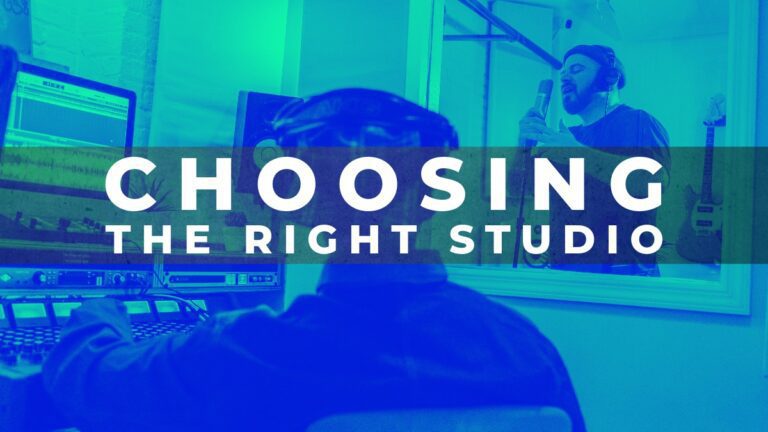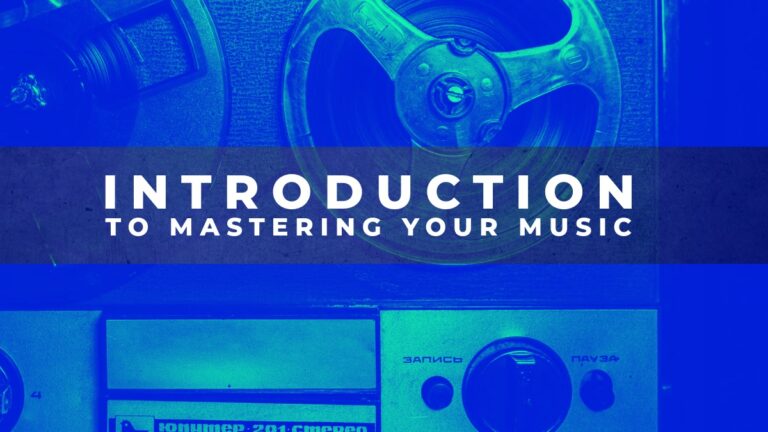As an independent artist, it’s essential to protect your work. One way to do that is by understanding and obtaining songwriting credits. What are songwriting credits? Why are they important? And what types of credits can be given? This blog post will answer those questions and provide tips on how artists can start tracking and obtaining their songwriting credits.
What Are Songwriting Credits?
Writing song lyrics and music is an art form, and it’s essential to give credit to the people who create songs. Songwriting credits are how the people involved in creating a song are acknowledged and compensated for their work. As a beginner songwriter, understanding how songwriting credits work is essential for protecting your rights as a creator.
When writing a song, the writers must decide who will receive credit for the composition. This can be done through an agreement between all parties involved or through collective bargaining with a performing rights organization (PRO). The PRO will then register the songwriters’ names with their respective copyright offices.
The amount of credit each writer receives depends on their contribution to the overall composition. If someone wrote the lyrics and melody, they would receive more credit than someone who only contributed to the arrangement or production of the track. Suppose multiple people collaborated on writing the lyrics or music. In that case, they may split the credit evenly or assign different percentages depending on what was agreed upon by all parties involved.
Two types of copyrights protect songs: mechanical and performance. Mechanical royalties are paid when someone records or distributes a copy of your song. Performance royalties are paid when your song is performed publicly, for example, on the radio or at a live show.
Why Songwriting Credits Matter
Songwriting credits are an essential part of the music industry, as they ensure that all contributors to a song are appropriately credited and compensated for their work.
Songwriters, producers, composers, and other contributors must be identified to receive royalties from streaming services, radio play, and other sources of income.
It’s also essential for artists to receive credit for their work to build a reputation and gain recognition for their creativity. Songwriting credits are essential for protecting the rights of creators and ensuring that everyone involved in creating a song is appropriately compensated.
What Types of Credits Can Be Given?
Several types of songwriting credits can be given: the main songwriter(s), featured artist(s), producer(s), composer(s), publisher(s), and sample writers.
The primary songwriter usually wrote the lyrics and melody or composed the instrumental track for a purely instrumental song.
Featured artists are singers, rappers, or other instruments that appear on the track and receive credit for their performance.
Producers may have contributed musically or managed the technical aspects of the recording, while composers receive credit for creating unique melodies or recreating existing works as part of their production.
Publishers represent those who own rights to certain portions of songs, while sample writers receive credit when their music has been sampled in a new work.
How Do You Submit Songwriting Credits?
Once you have determined which songwriters need to be credited for a track, there are specific protocols for submitting the correct songwriting credits.
First, you’ll need to register your music with the copyright office to receive protection and proper compensation. Depending on your jurisdiction, this can be done online or at a local copyright office.
Once registered, you should obtain a certification of registration that includes the names of the songwriters in addition to any other information related to the track. This certifies that you have a record of all writers who contributed to the composition.
You should also ensure that publishing companies are aware of your music. They can provide any necessary performance royalties for each writer. This can often be done by registering your songs with royalty collection agencies like ASCAP or BMI. Finally, all songwriters must appear on product packaging or digital downloads to receive credit for their work.
How To Track Songwriting Credits
Tracking songwriting credits can be done using a variety of methods. Music databases such as AllMusic and Discogs can provide reliable information about who wrote and produced a track. The album’s liner notes or credits list may contain a song’s official record label credits.
Contact relevant artists or producers for more up-to-date information through their social media accounts.
Finally, performing rights organizations (PROs) such as ASCAP and BMI can provide accurate songwriter and publisher credits in their databases if registered with them.
Conclusion
Songwriting credits are essential in the music industry because they ensure everyone who worked on a song gets paid and credited for their work. By understanding what types of credits can be given and how to submit them, artists can ensure their rights are protected and get paid when their songs are performed.
With these tips in mind, independent artists should have no problem protecting their creative works by obtaining accurate songwriting credits!


